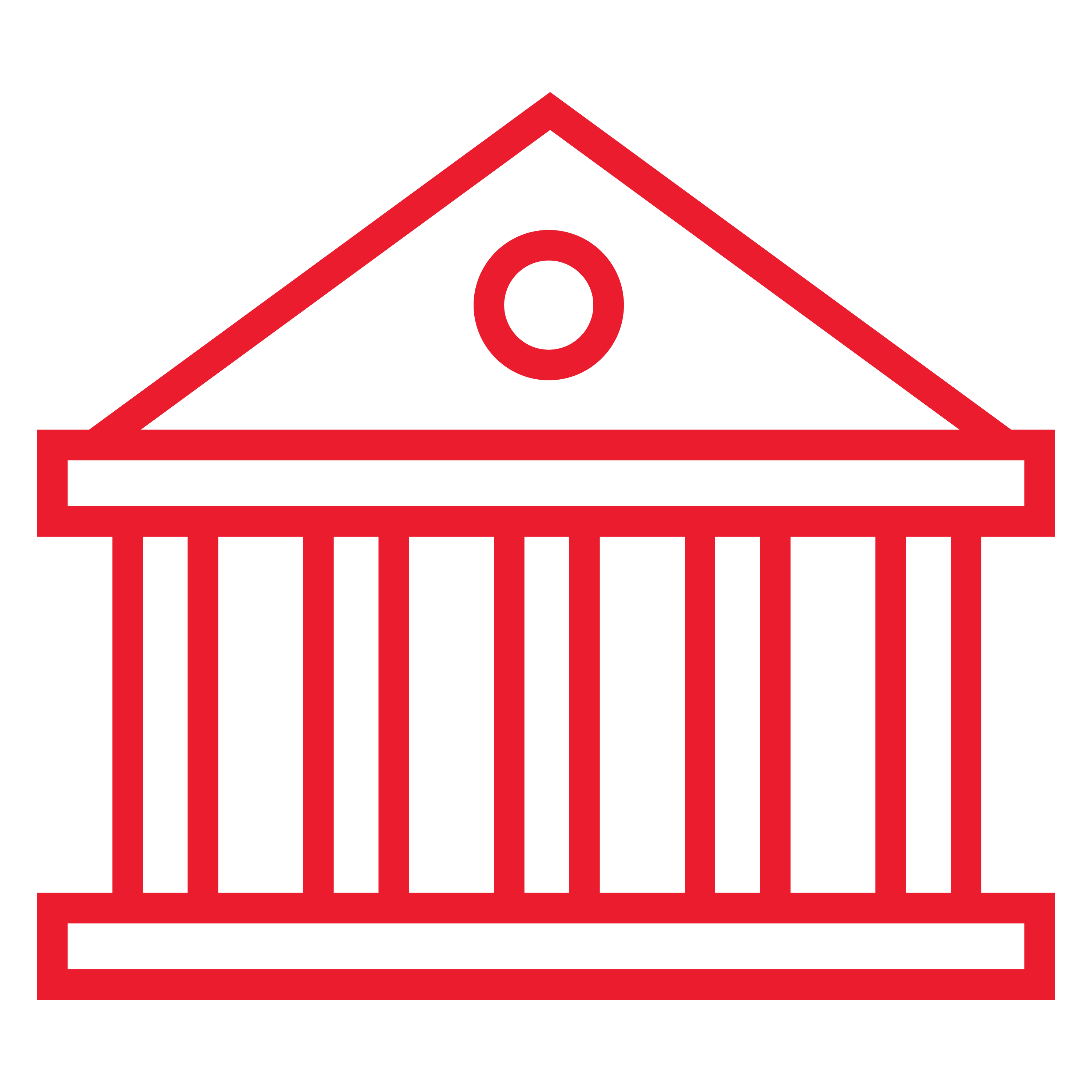FEATURED ARTICLES
Categories
-
AI & Machine Learning42
-
Cloud & Application Security136
-
Data Protection17
-
Endpoint Security & XDR330
-
Engineering & Tech84
-
Executive Viewpoint176
-
Exposure Management108
-
From The Front Lines197
-
Next-Gen Identity Security61
-
Next-Gen SIEM & Log Management107
-
 Public Sector40
Public Sector40 -
Small Business11
-
Threat Hunting & Intel204
Recent Articles
Categories
Cloud & Application Security
Threat Hunting & Intel
-
CrowdStrike 2025 European Threat Landscape Report: Extortion Rises, Nation-State Activity Intensifies
Nov 03, 2025
-
CrowdStrike 2025 APJ eCrime Landscape Report: A New Era of Threats Emerges
Oct 20, 2025
-
CrowdStrike Identifies Campaign Targeting Oracle E-Business Suite via Zero-Day Vulnerability (now tracked as CVE-2025-61882)
Oct 06, 2025
Endpoint Security & XDR
Engineering & Tech
Executive Viewpoint
From The Front Lines
Next-Gen Identity Security
-
CrowdStrike Named Overall Leader in 2025 KuppingerCole ITDR Leadership Compass
Nov 10, 2025
-
CrowdStrike Named the Leader in 2025 Frost Radar for SaaS Security Posture Management
Oct 27, 2025
-
From Domain User to SYSTEM: Analyzing the NTLM LDAP Authentication Bypass Vulnerability (CVE-2025-54918)
Oct 22, 2025
Next-Gen SIEM & Log Management
-
CrowdStrike Leads New Evolution of Security Automation with Charlotte Agentic SOAR
Nov 05, 2025
-
CrowdStrike Named a Visionary in 2025 Gartner® Magic Quadrant™ for Security Information and Event Management
Oct 10, 2025
-
CrowdStrike Boosts SOC Detection Content with Correlation Rule Template Discovery Dashboard
Sep 29, 2025
Public Sector
Exposure Management
-
How the Falcon Platform Delivers Fast, CISO-Ready Executive Reports
Nov 07, 2025
-
How Falcon Exposure Management’s ExPRT.AI Predicts What Attackers Will Exploit
Oct 17, 2025
-
October 2025 Patch Tuesday: Two Publicly Disclosed, Three Zero-Days, and Eight Critical Vulnerabilities Among 172 CVEs
Oct 14, 2025
Small Business
AI & Machine Learning
Data Protection
Resource Center
Dive into topics ranging from endpoint security and threat intelligence, to incident response and forensic services.






![Helping Non-Security Stakeholders Understand ATT&CK in 10 Minutes or Less [VIDEO]](https://assets.crowdstrike.com/is/image/crowdstrikeinc/video-ATTCK2-1?wid=530&hei=349&fmt=png-alpha&qlt=95,0&resMode=sharp2&op_usm=3.0,0.3,2,0)
![Qatar’s Commercial Bank Chooses CrowdStrike Falcon®: A Partnership Based on Trust [VIDEO]](https://assets.crowdstrike.com/is/image/crowdstrikeinc/Edward-Gonam-Qatar-Blog2-1?wid=530&hei=349&fmt=png-alpha&qlt=95,0&resMode=sharp2&op_usm=3.0,0.3,2,0)















































